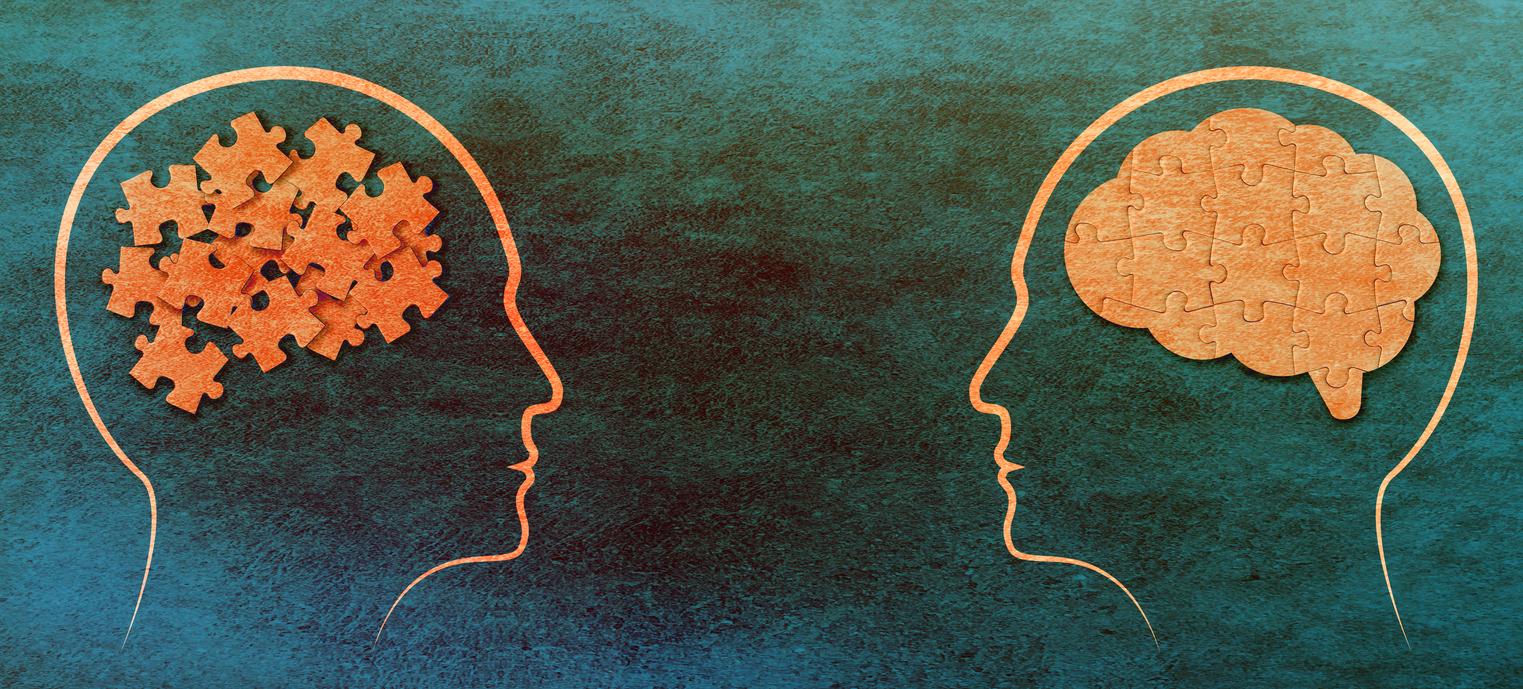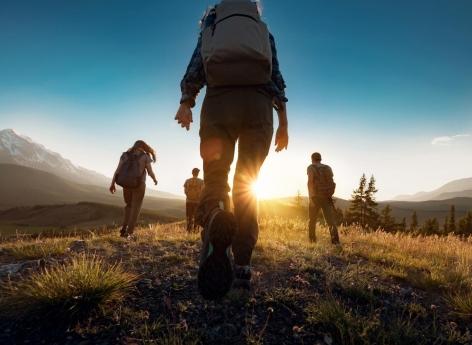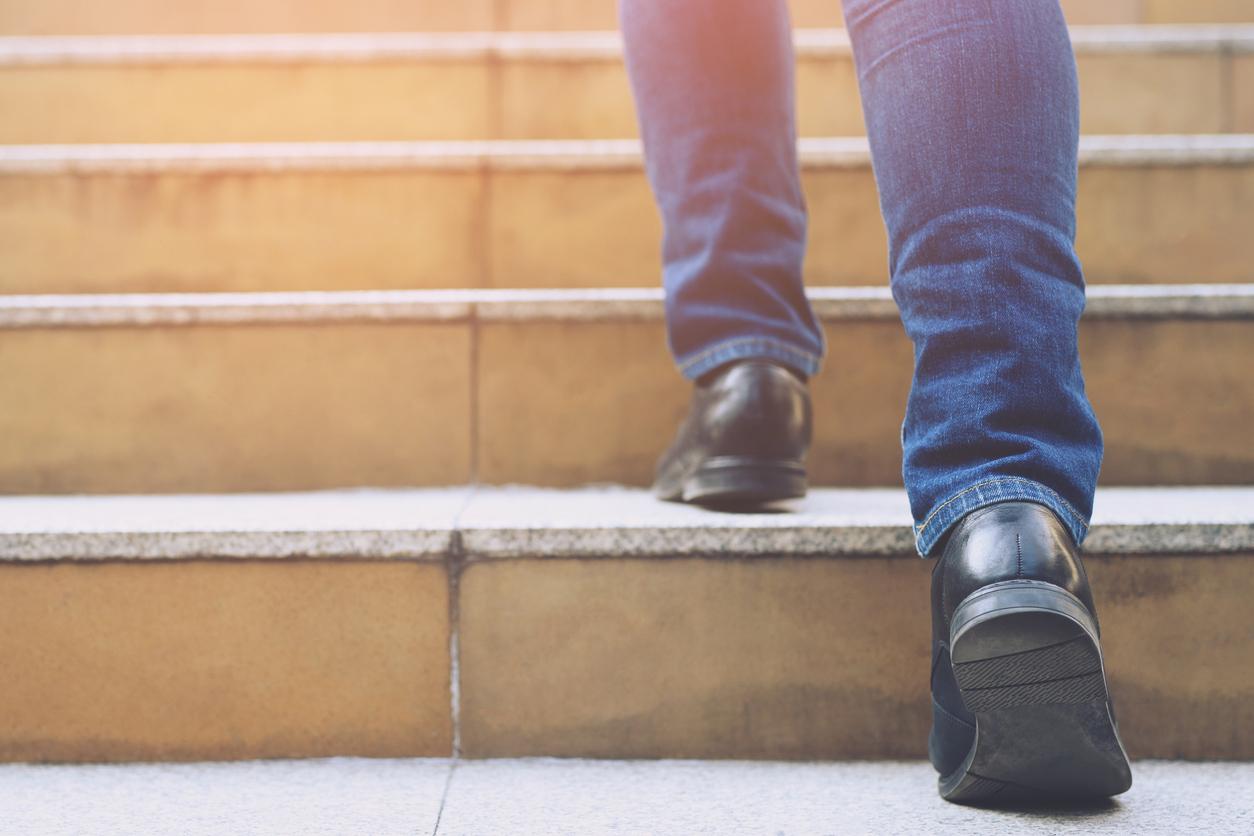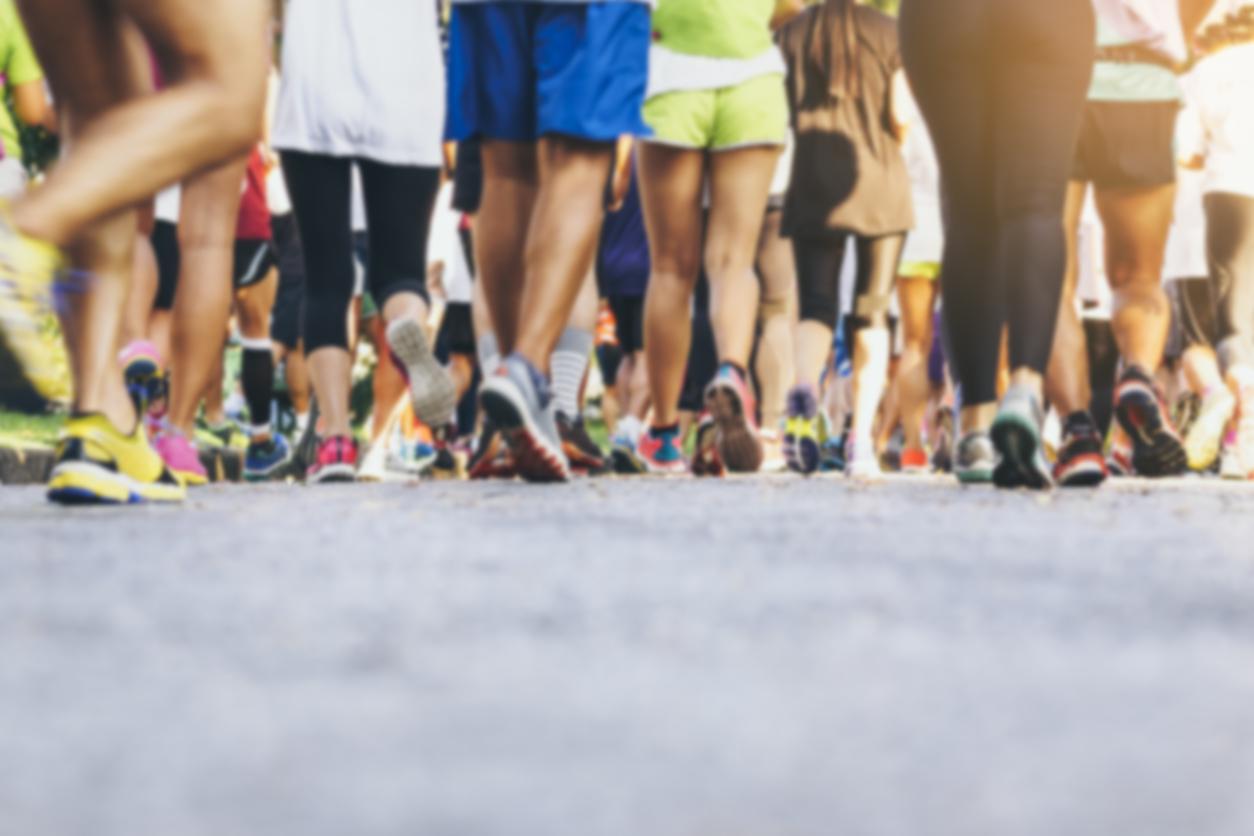According to the National Institute of Sleep and Vigilance, one in five French people suffers from insomnia. And Inserm indicates that one in three people experience sleep disorders. Statistics that tend to stimulate the imagination of many health and industrial players. The food supplements market is developing product ranges at a steady pace, to cite just one example. There are also grandmother’s tricks like counting sheep. Or breathing, meditation, etc.
Among the tricks highlighted recently, that of the “mental walk”. The method was explained in ZOE Science and nutrition the podcast of scientists from all walks of life. Matthew Walker, sleep expert professor gives the “infallible trick” to fall asleep quickly. He advises to visualize a walk that you know: on a beach or in a forest. We concentrate by imagining that we leave our accommodation to reach this place. According to this scientist, the effects would be immediate and guaranteed sleep.
So what about this suggestion? If the term “mental walk” seems new, the technique is nothing new. “It’s a method reminiscent of hypnosis and meditation. Here too, you are asked to imagine a familiar place where you feel good” emphasizes Dr. Marc Rey, neurologist and director of the National Institute of Sleep and Vigilance. Self-hypnosis for example, namely the fact of doing exercises resulting from hypnotherapy, is based on this gymnastics of the mind. “The term mental walking necessarily appeals because it is part of a trend that consists of walking in the forest or in nature to gain serenity. adds the doctor.
Remember that to sleep well, several criteria must be met. To feel safe, not brooding over anxieties or brooding, and to be in a pleasant situation, namely calm and darkness. “Someone who hates walking in nature because he has experienced a misadventure there, such as an accident, or who has a bad memory of it, will never be able to be receptive to mental walking. To sleep better, all the tips or methods, however judicious they may be, cannot be universal but, on the contrary, can be adapted to everyone. Everyone does not necessarily have this “resource place” evoked by this podcast” specifies the neurologist.
Also note that falling asleep is preparing. “You don’t press an on-off button to sleep. We are not machines. It’s progressive and you need preparation: to know how to put yourself in an appropriate condition with calm above all… The brain needs the stimulation to stop, so you have to insist and above all repeat advice already hammered everywhere : cut yourself off from screens at least an hour before going to bed”. concludes Dr. Rey.

















